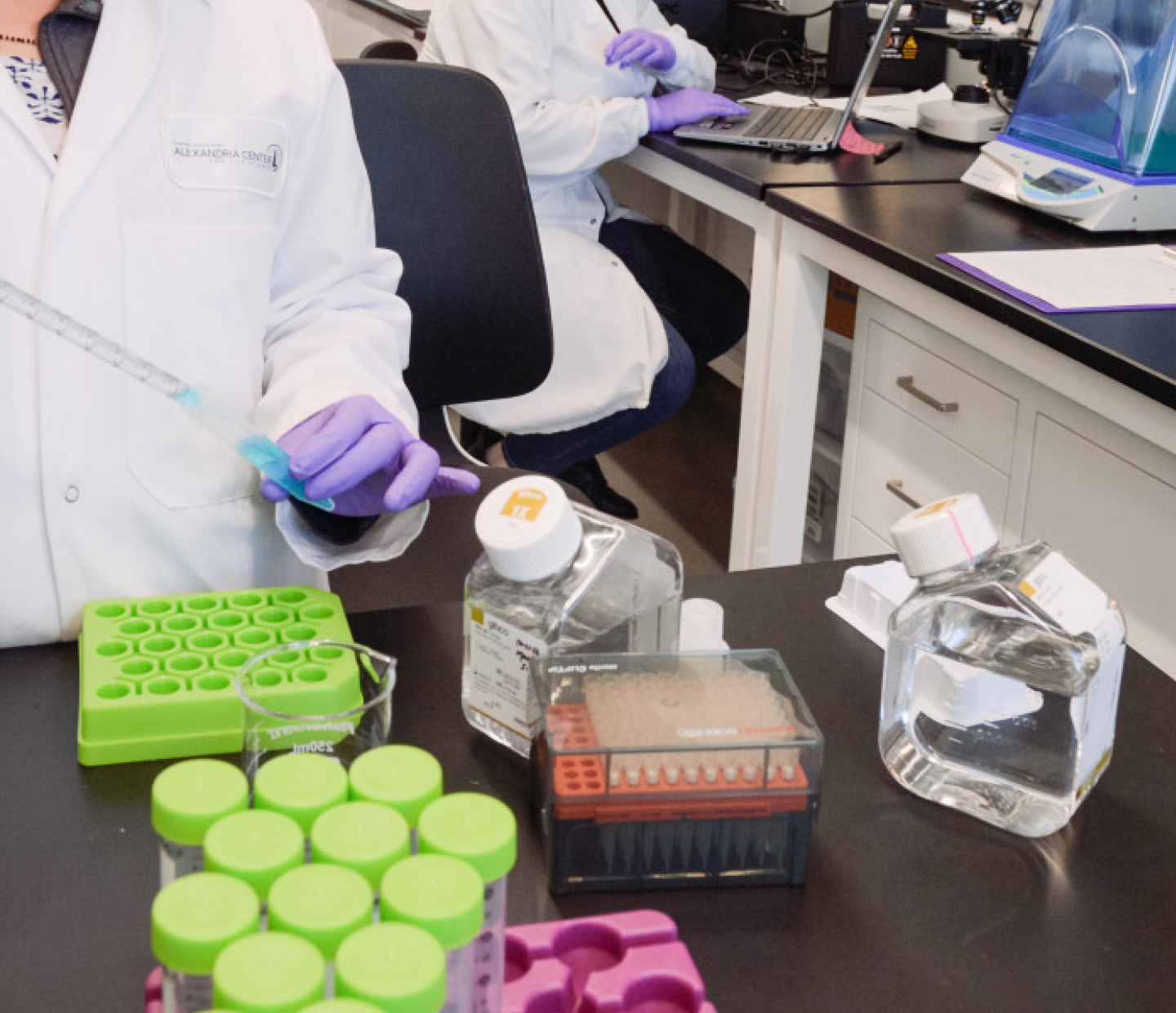Treating chronic inflammatory disease through IL-18 inhibition.
IL-18 Fusion Protein
IL-18 binding protein (IL-18BP) is a naturally occurring inhibitor of IL-18. EVO301 is an anti-serum albumin Fab-associated (SAFA) IL-18BP fusion protein designed to neutralize aberrantly upregulated IL-18 activity, which is seen in various inflammatory and autoimmune diseases.
Targeting IL-18 with a smaller, anti-serum albumin-binding IL-18BP fusion protein has the potential to treat many inflammatory diseases by inhibiting IL-18’s pro-inflammatory activity. Using native human IL-18BP reduces immunogenic potential compared to traditional monoclonal antibodies. Additionally, the anti-serum albumin-binding fusion protein may allow more effective distribution to inflamed tissues than normal, larger sized monoclonal antibodies.
Elevated IL-18 cytokine expression is associated with the pathogenesis of multiple inflammatory diseases.

- Atopic Dermatitis: Atopic Dermatitis is a chronic inflammatory skin disorder that affects approximately 15-20% of children and 1-3% of adults, approximately 40% of which have a moderate-to-severe form of the disease. Atopic dermatitis, which expresses elevated levels of IL-18, is characterized by abnormalities in immune regulation and skin barrier function. The disease typically manifests with itchy eczematous skin lesions. The disease has a significant impact on the patients’ quality of life including sleep, self-esteem, interpersonal relationships, and participation in school or work.
- Ulcerative Colitis: Ulcerative colitis is a chronic inflammatory bowel disease that primarily affects the colon and rectum. It is estimated to impact approximately 1 million people in the United States, with varying degrees of severity. The disease is characterized by persistent inflammation and ulceration of the colon’s inner lining, leading to symptoms including abdominal pain and diarrhea, often accompanied with blood or mucus. Ulcerative colitis is associated with immune system dysregulation and disruptions in the gut microbiome. The condition significantly affects patients’ quality of life, often causing fatigue, emotional distress, and limitations in daily activities, including work, school, and social interactions.